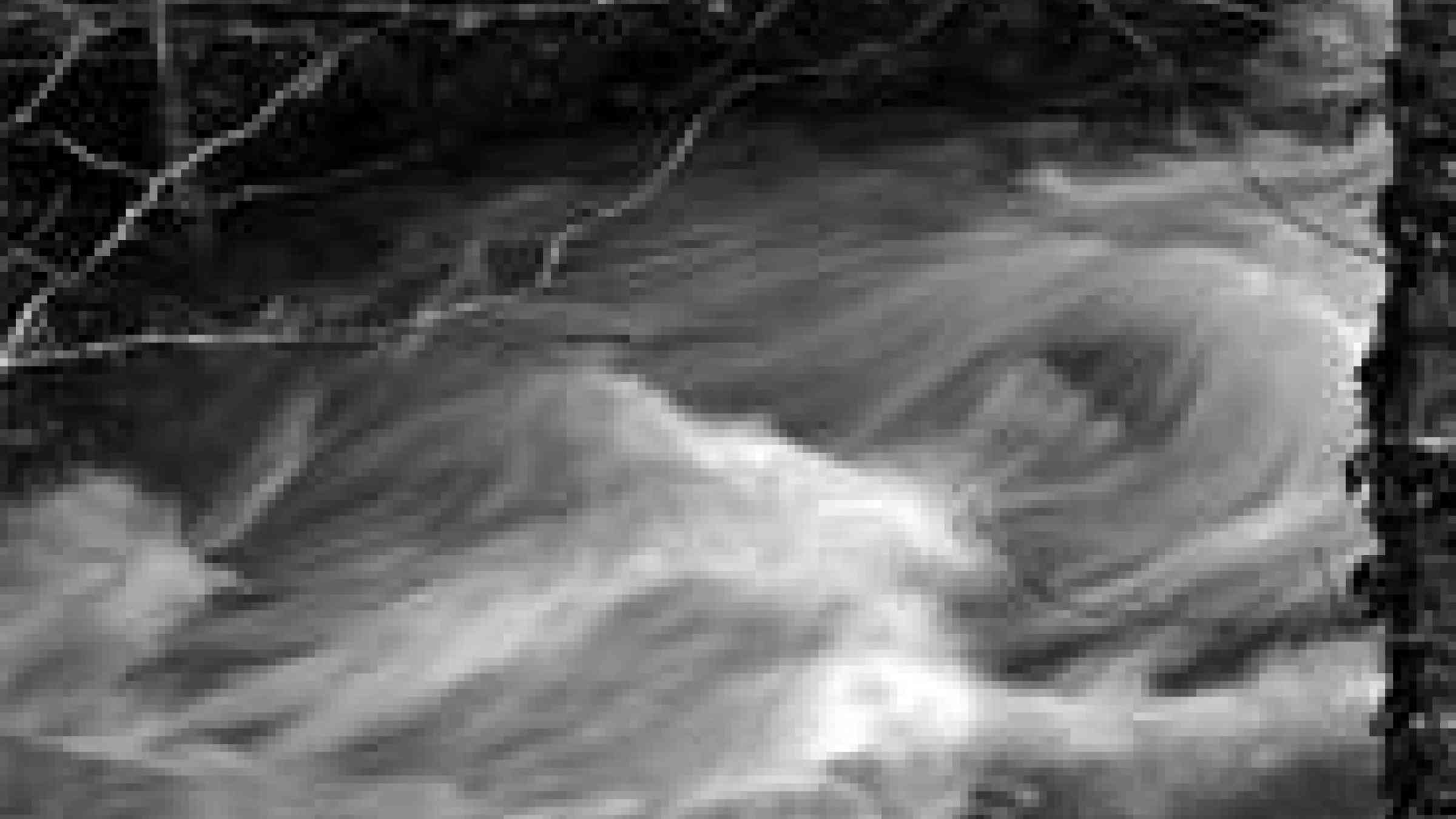Efficient flood response – 800 years ago

You might think flooding and other natural disasters in the Middle Ages would automatically spell misery and death, but in reality they were surprisingly well organised, according to recent findings. In the aftermath of flooding, earthquakes and droughts, local authorities and charities would organise searches for victims, rebuild infrastructure and offer disaster relief to victims.
"We should banish the popular public image of the medieval period as a time of superstitious hysteria and hopelessness. In many senses this too was a 'risk society', one with an increasingly sophisticated toolkit in hazard mitigation and adaption and developing measures of protection," geographer David Petley and archaeologist Chris Gerrard point out in a recent research paper. Their research has been co-funded by ESRC through the Earthquakes without Frontiers programme.
Indicators such as repaired buildings or methodical burials suggest organised responses after environmental hazards. Excavations in Basel, Switzerland, revealed how weapons, kitchen implements and other artefacts had been left behind in a hurry after a huge earthquake in 1356. However, they also traced where the inhabitants had rebuilt the city.
"We find that medieval communities were not helpless in the face of serious environmental hazards. We argue instead that the response of society to these threats was frequently complex, considered and, at times, surprisingly modern," the researchers conclude.
The powerful Italian city states were particularly well-organised. After the flooding of Florence in 1333, the local authorities formed an emergency committee to make repairs, give tax relief to victims, and provide food relief to stranded flood victims. They built a temporary bridge over the River Arno.
There were also examples of search and rescue operations being organised, the construction of dikes and barriers to prevent flood damage, and relocation of citizens. In the Netherlands, both Holland and Utrecht had developed centralised management of dike systems before 1250.
"Another important principle was to spread the burden of loss over a longer period in order to reduce its immediate severity," Petley and Gerrard add.
"Across medieval Europe, very large barns on monastic estates provided centralised storage for unthreshed grain, while supplies of threshed grain were piled in cellars and upper storeys as well as in civic granaries."
Co-operation and collective endeavour were an integral part of medieval society, and religious beliefs would encourage acts of charity - the assumption of divine judgement could be a powerful motivator to help the less fortunate in hard times. Fraternities and religious guilds were influential actors, sponsoring devotional activities, distributing charity to the poor, and offering help, loans or stipends to members.
"It should not be assumed that medieval society as a whole was passive or unable to cope with natural disaster, nor that attitudes to risk were static or simple," the researchers argue. They point to flood management in the Netherlands, emergency flood relief in Italy and earthquake reconstruction in Spain as 'especially striking'.
"Throughout this period, faith was no barrier to mitigation, and although medieval society may not have been the best protected against environmental hazards or the best resourced or claim a complete understanding of the risks it faced, it was also perhaps not the most frightened," they conclude.